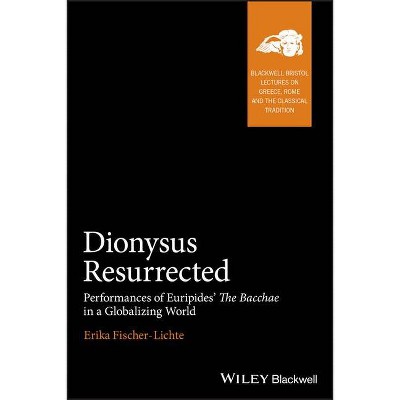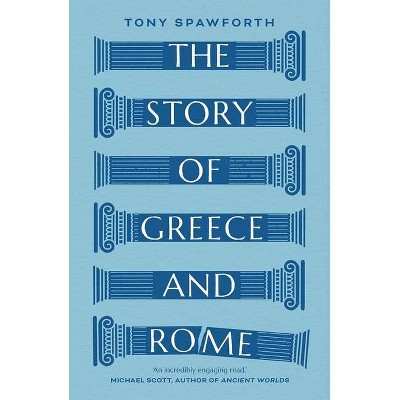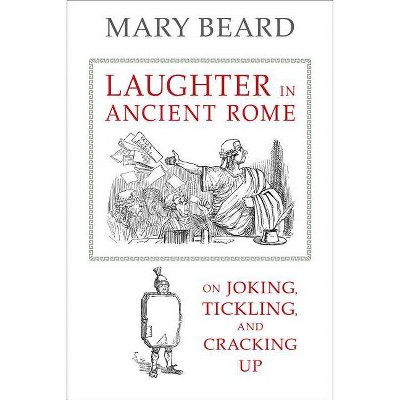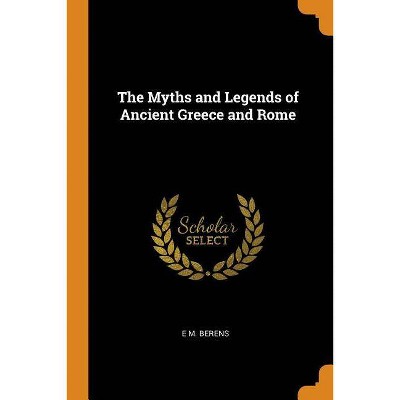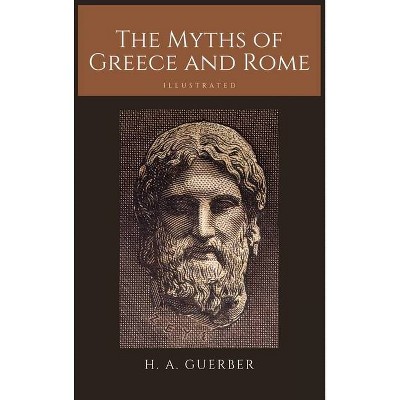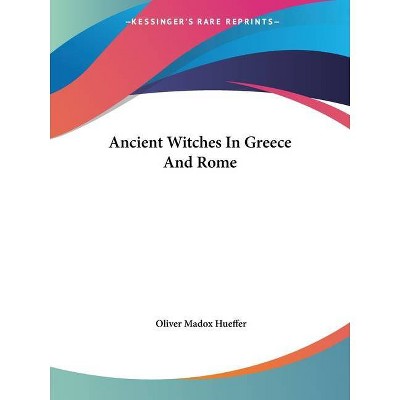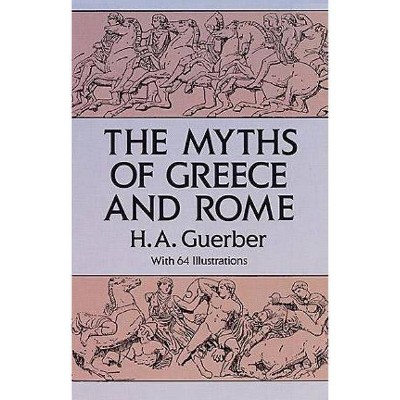Why Plato Wrote - (Blackwell-Bristol Lectures on Greece, Rome and the Classical) by Danielle S Allen (Paperback)
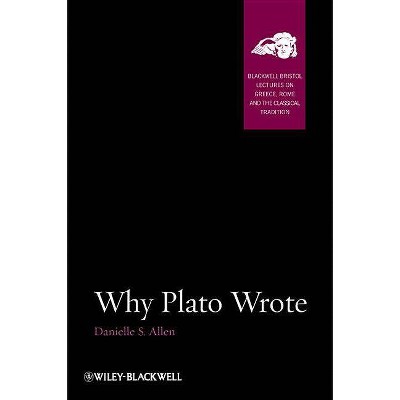
Similar Products
Products of same category from the store
AllProduct info
<p/><br></br><p><b> Book Synopsis </b></p></br></br><i>Why Plato Wrote</i> argues that Plato was not only the world's first systematic political philosopher, but also the western world's first think-tank activist and message man. <ul> <li>Shows that Plato wrote to change Athenian society and thereby transform Athenian politics</li> <li>Offers accessible discussions of Plato's philosophy of language and political theory</li> <li>Selected by Choice as an Outstanding Academic Title for 2011</li> </ul><p/><br></br><p><b> From the Back Cover </b></p></br></br><p><i>Why Plato Wrote</i> is the first book to be published in the prestigious Blackwell Bristol Lecture Series in Greece, Rome and the Classical Tradition. In this thought-provoking text Danielle Allen eloquently argues that Plato wrote to change Athenian culture and thereby transform Athenian politics. She makes the case that Plato was not only the world's first systematic political philosopher, but also the western world's first think-tank activist and message man.</p> <p>Allen contends that the roles of philosopher and message man were not mutually exclusive, and that Plato's pursuit of language as a vehicle for affecting cultural norms was grounded in his philosophy of language. <i>Why Plato Wrote</i> is a lucid and engaging commentary on Plato's philosophy of language and its relation to his political theory.</p><p/><br></br><p><b> Review Quotes </b></p></br></br><br><p> </p> "Packed with controversial theses, engagingly and intelligently written, iconoclastic - there's not much wrong with this book as a work of ancient philosophy." (<i>The Heythrop Journal</i>, 4 September 2013) <p>In her bold and richly absorbing study, Why Plato Wrote, Danielle S. Allen argues that the answer to why Plato wrote is also the answer to the relation between the Platonic dialogues and Athenian political life ... He may have elected not to enter the political fray in Athens as ordinarily understood, but Danielle Allen shows with elegance and scholarship that he was indeed a politicos, just as Diogenes Laertius claimed. (<i>Times Literary Supplement</i>, 23 December 2011)</p> <p>I have learned much from this book. It demands that we connect Plato's writing to real life in his city. Even those who do not share all its conclusions will be challenged by Allen's many original insights into how Plato used symbols to work on our intellect, our preconceptual beliefs, and our emotions. (<i>Bryn Mawr Classical Review</i>, 21 November 2011)</p> <p>This extraordinary and scholarly book takes a fascinating new look at Plato as politikos. It is a joy to read. Excellent notes, bibliography, and index. Summing Up: Essential. Upper-level undergraduates through faculty/researchers. (<i>Choice</i>, 1 June 2011)</p><br><p/><br></br><p><b> About the Author </b></p></br></br><p><b>Danielle S. Allen</b> is UPS Foundation Professor at the Institute for Advanced Study at Princeton. She is the author of <i>The World of Prometheus: The Politics of Punishing in Democratic Athens</i> (2000) and <i>Talking to Strangers: Anxieties of Citizenship Since Brown vs. the Board of Education</i> (2004).</p>
Price History
Price Archive shows prices from various stores, lets you see history and find the cheapest. There is no actual sale on the website. For all support, inquiry and suggestion messagescommunication@pricearchive.us

